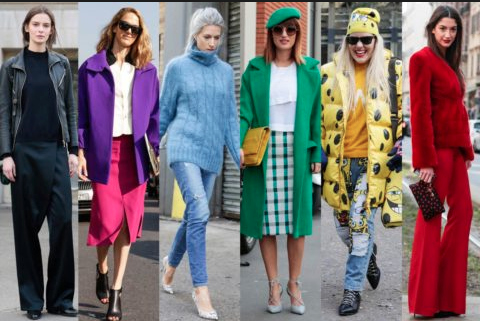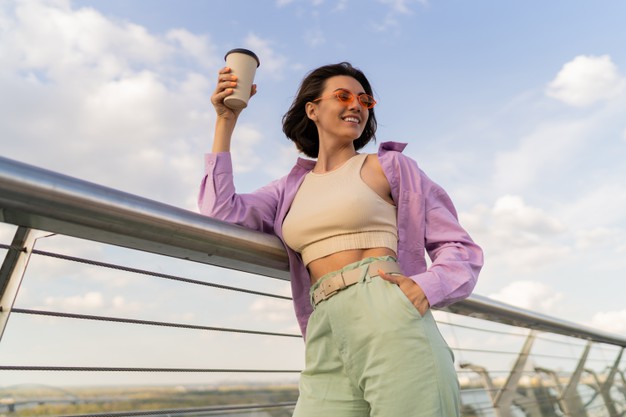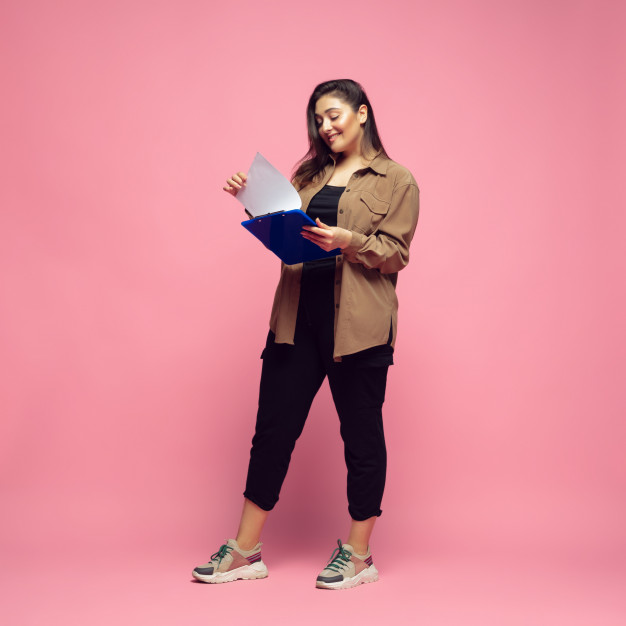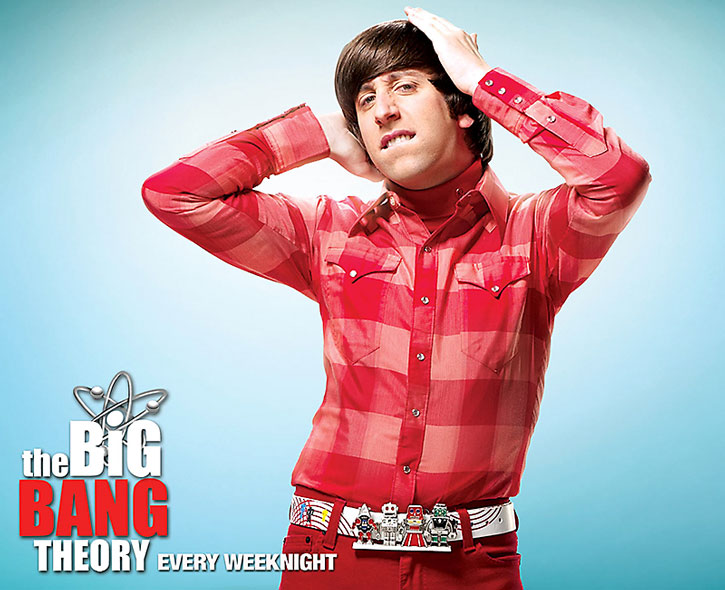What we wear says a lot about who we are as people; the styles, patterns, and shades we choose, signify a part of our personalities. We all consciously or subconsciously project ourselves to the world through the clothes we wear.

Fashion is integrated with our moods and health. With each outfit, we communicate silently to the outside world. Often, fashion is our potential armour – we dress to hide, pretend, showcase, make a statement…
Eventually, we should be able to wear what we desire and feel good in, as when we feel good, our self-image, self-acceptance and confidence improves, positively impacting our overall mental wellbeing.
Then the question arises “should we dress how we want to feel or dress how we feel?” Some experts insist that “one should dress according to how we want to feel” because this is a way to shape other people’s perception of us in a positive way.

Here are a few recommendations to adapt and recognize to ensure emotional well-being. These propositions may at times sound contradictory, yet putting all in perspective, may provide a clear vision.
Choose clothing as your potential armour: Researchers from the US found that wearing specific articles of clothing had an effect on the wearer’s psychology and performance. It is called “enclothed cognition.” For example, a lab coat is associated with intelligence and scientific thinking. Offices and schools attempt to keep a uniform to deliver a feeling of power and order.
The study results show that what we wear, and the symbolic meaning we associate with specific fashion items, has measurable effects on our mental state.
Keep up with trends: Fashion influences how we are treated and perceived by other people that in turn can impacts our mental wellbeing. A person who wears trendy clothing is more likely to be accepted by people. While we keep up with trends, it is important to remember that validation from others does not equal self-worth.

“By wearing the newest trends, people may be more accepting of you because you are following within this framework of what is acceptable in society at the time.” – Abraham
Be comfortable in your skin: On days when we do not feel our best, we find it difficult to combine the right outfit. We, sometimes, try to imitate others’ style because they look authoritative or great in them, but the same style may not have the same effect on us. If comfort or casual is your thing, wear that. Tugging and pulling constantly on the garments you are not comfortable in, will lower your confidence and concentration.

All bodies are good bodies: Body image is an important factor in how we view ourselves. In 2019, a survey by the Mental Health Foundation found that ‘34% of adults felt down or low, and 19% felt disgusted because of their body image.’
Negative feelings about body image are likely to damage our overall mental health. The good news is that despite unrealistic expectations promoted in aspects of the fashion or film industry, ‘perfect’ standards are being ignored, as society continues to accept the fact that all bodies are good bodies. This acceptance can positively influence the way we feel about fashion. If we look good in an outfit, we are more likely to feel good, too.

Retail Therapy: Besides making one feel good, retail therapy adds to knowledge and awareness of current fashions, how people appear in certain clothing and styles. It is possible that something may look perfect on a mannequin but appear rather awkward on real people. Gain your confidence by observing the real world.
Purchase to enhance your pleasure and options. Besides apparel, accessories and jewelry add to personality and confidence. For example, your style statement could be your uncanny belt collection. Yeah, it’s a recollection from Howard’s belt-badge range from Big bang Theory!
Color Booster: The “healing” powers of colour have been touted for hundreds of years. Even well-known philosophers like Goethe wrote about the power of colours.

Colours in clothing can alter our emotions, 85% of consumers believe that colour is the main factor while buying a product. Colours in fashion have a direct impact on us when we want to change our mood or send off a specific message with our clothing.
The studies show that ‘dark blue’ provides a sense of authority and power. Wearing dark blue is ideal for meetings and conferences. Blue symbolizes intelligence, communication, trust, efficiency…also aloofness, lack of emotion, unfriendliness. No wonder why police and senior officials around the world are mostly seen in blue!
In conclusion, “There is no actual wellbeing without great emotional wellness.” Stay confident, stay positive… with control on whatever elements you can in your life.